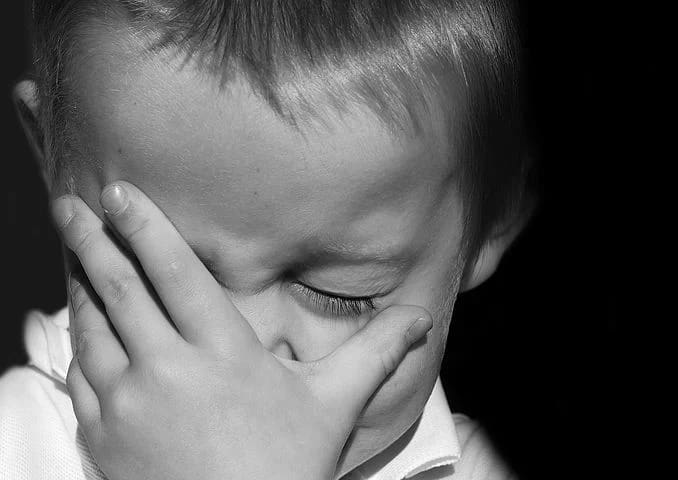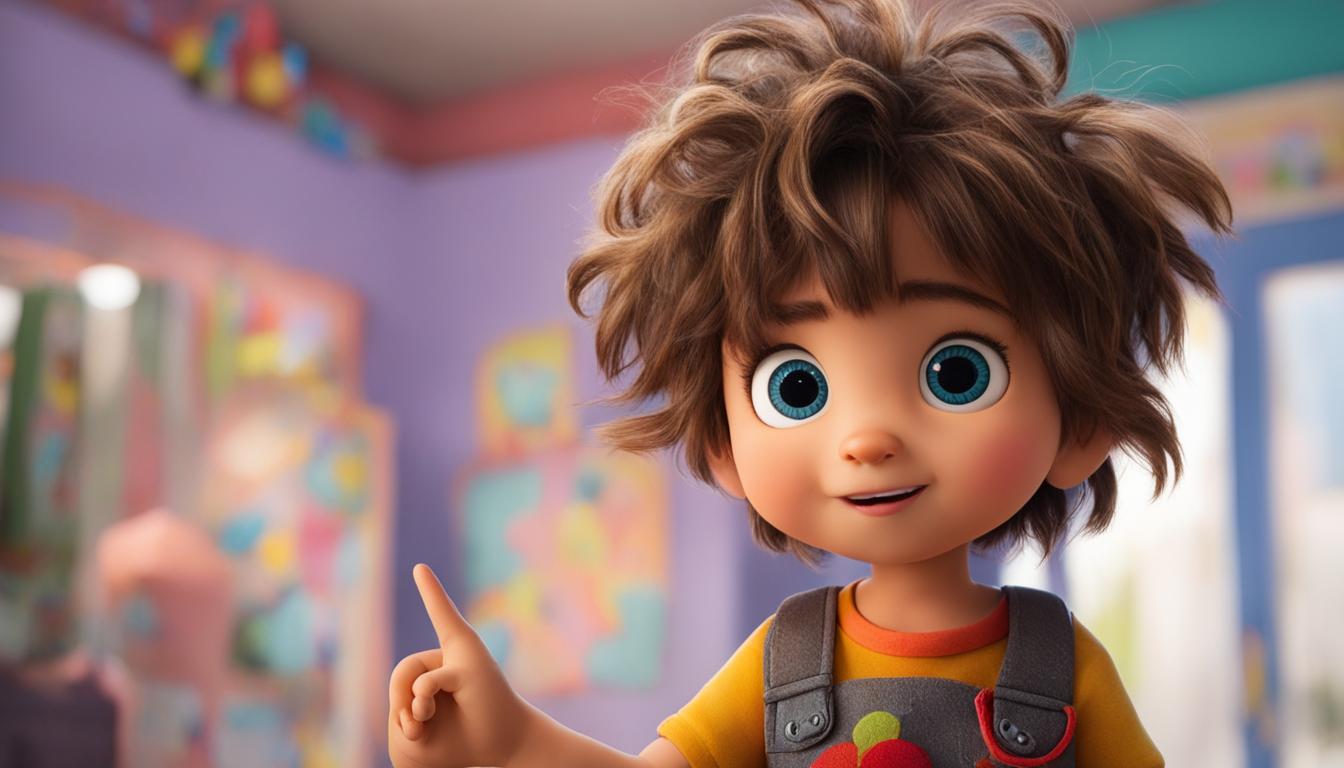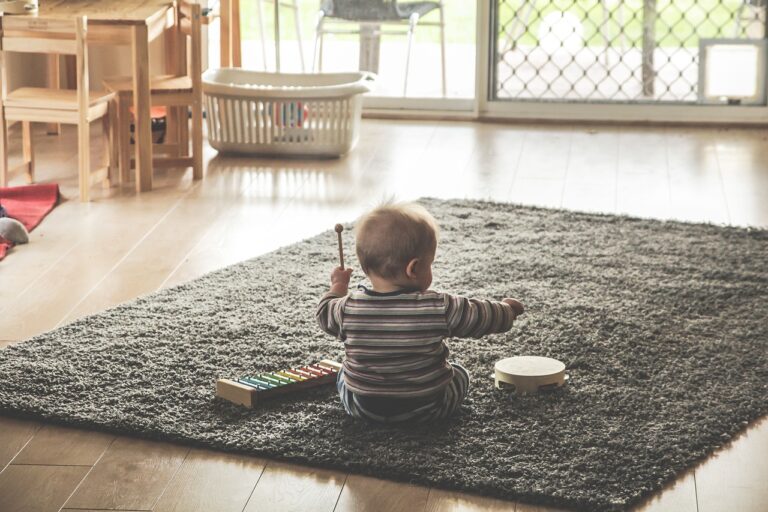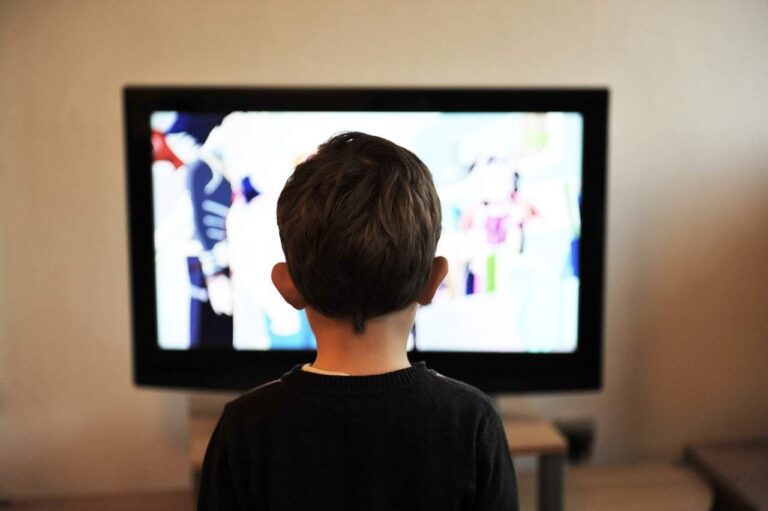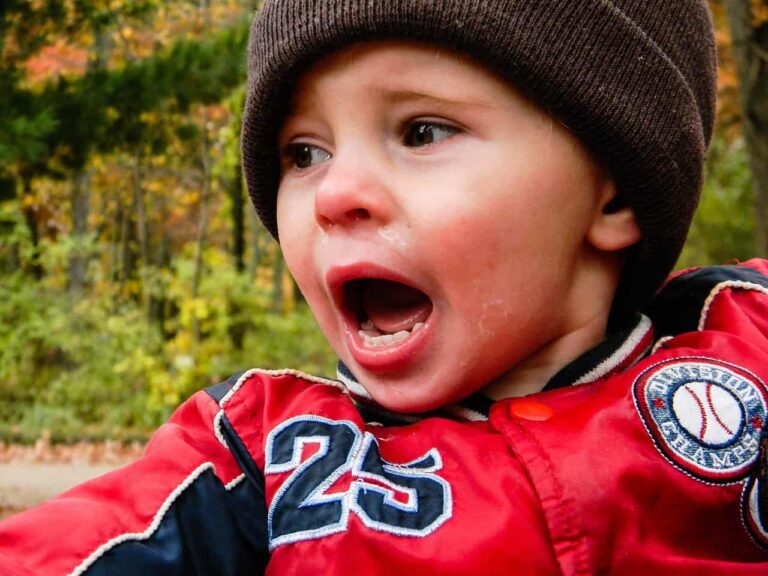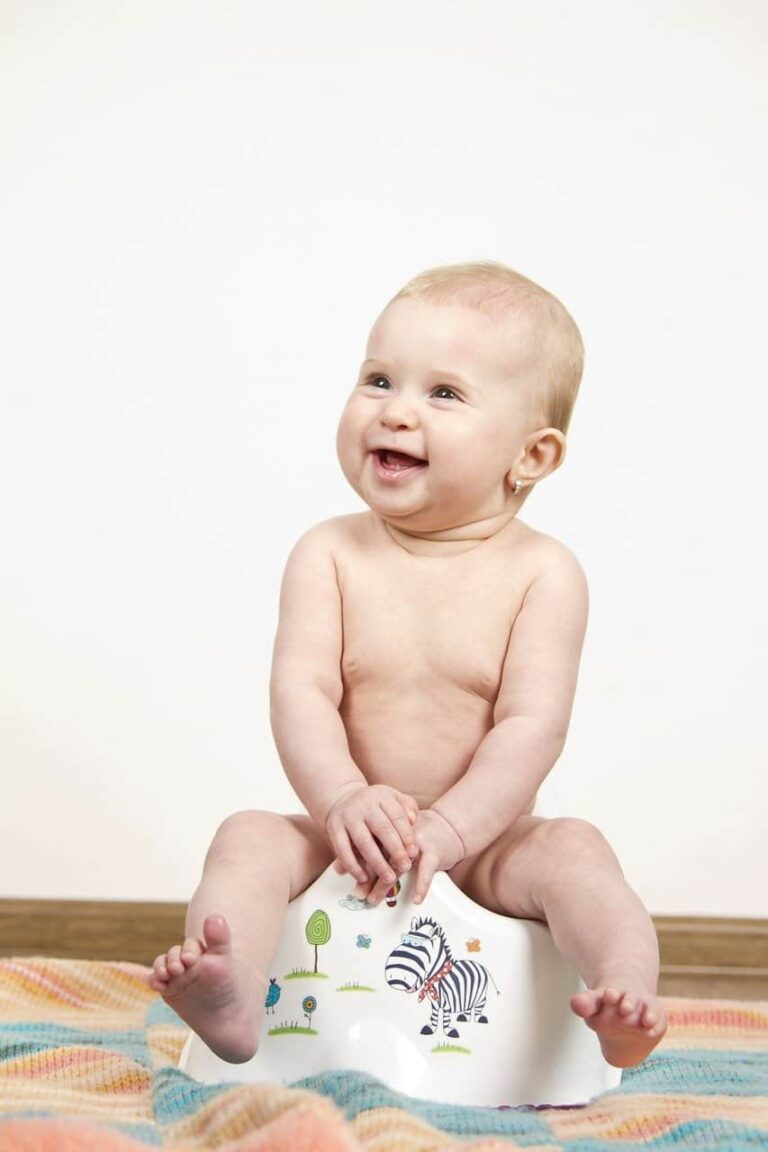My 15-month-old Can’t Stand Alone: Is It Normal?
We use our muscles every day to accomplish a variety of tasks. From small tasks like chopping vegetables or writing a letter to heavier activities like carrying groceries or working out, we rely on our motor skills to successfully finish different jobs.
But people do not wake up one day and suddenly know how to control their bodies. Motor skills are developed over a long period. And for many people, development begins as young as infanthood.
Children grow at different rates. But experts agree that there are developmental milestones that children should reach at a certain age. Among those milestones are motor skills. And it is the parent’s duty to observe whether their children have reached those motor skill milestones.
The ability to stand without support is a massive milestone for any baby. But should you be concerned if your 15-year-old child has not yet mastered it? And what can you do as a parent to help them achieve this milestone?
Skip To The Following Sections
- What are Motor Skills?
- What Motor Skills Should My Child Develop at 15 Months?
- My 15-month-old Can’t Stand Alone. Should I Be Concerned?
- What Other Signs Should I Pay Attention To?
- How Can I Help My Child Develop Their Motor Skills?
- Navigating Your Child’s Motor Skill Journey
- Developmental Milestones and the Path to Standing:
- The Role of Tummy Time and Floor Play:
- Gross Motor Skills and Finding Their Balance:
- Celebrating Each Step:
- FAQ:
What are Motor Skills?
There are two categories of motor skills: fine and gross motor skills. These skills are essential for your kid’s day-to-day activities, whether playing, doing household work, or studying.
Fine motor skills focus on using small muscle groups, such as in the hands and wrists, for tasks that require control and precision. Using a fork and a spoon, writing on a piece of paper, and typing on a keyboard are examples of fine motor skills.
Gross motor skills, meanwhile, require large muscles to do more strenuous tasks, such as walking around the house, climbing on top of furniture, and riding a tricycle. The ability to stand is another example of gross motor skills. These activities need the help of muscles in the arms, legs, and torso.
The maturing of both fine and gross muscle skills takes time. Before a child learns to walk, they must first grasp how to pull themselves up. Learning to move is an everyday process, and milestones can point in the right direction.
What Motor Skills Should My Child Develop at 15 Months?
At 15 months, your baby should be able to do different tasks without the help of a parent or guardian. Although not perfect, a 15-month-old should be able to grab and use things: like building blocks, crayons, and spoons. They should also be able to clap and wave hello and goodbye.
In terms of gross motor skills, a baby at 15 months should be able to crawl and move around the house. They can also sit without the support of an adult and can pull themselves up to a standing position.
My 15-month-old Can’t Stand Alone. Should I Be Concerned?
While babies develop and mature at different rates, it can be concerning if your baby has a delay in one or more skills. Delays in motor skills can be an issue since motor skills help your baby complete tasks independently and promote other skill development.
On average, a baby learns to stand with some form of support at 7 to 12 months. They can use furniture or people to help them get on their feet. Later, some babies can stand without support as early as 9 months, while others usually start to have a better balance at 12 months and beyond.
Before standing, your baby needs of muscle strength and coordination to support themselves. They first need to be able to lift their body while lying down and sit on their own. If your baby is stiff and has trouble with lying and sitting, chances are they will have problems in standing.
What Other Signs Should I Pay Attention To?
Gross motor skills delays are easier to spot since you always see how your baby moves daily. A 15-month-old that cannot stand on their own can already be a telling sign that your baby might have a developmental delay. But there are other signs that you might notice too.
For instance, your baby could have a rounded back and poor posture when trying to sit or stand. They could also have stiff legs and pointed toes, making standing and walking more problematic. You may also notice poor balance and your baby always relying on nearby objects when they try to stand and walk.
Delays can be a sign of a neurological or physical disability. If you suspect your baby has delays in their gross motor skills, contact your pediatrician immediately. A delay in motor skills can cause many problems in your child’s movement and behavior.
How Can I Help My Child Develop Their Motor Skills?
While delay-causing disabilities and illnesses are unavoidable and require treatment, sometimes delays are just that: delays. Some children might be late bloomers and need attention and encouragement from their parents. Fortunately, it is never too late to help a baby mature into a healthy child.
So how can you develop your baby’s motor skills (especially their gross motor skills?) You can start them early on tummy time. Allow your baby to lie on their stomach for brief periods so they can build their neck, shoulders, arms, and torso strength. Tummy time is the building block for other milestones, such as crawling and sitting.
https://alldayparenting.com/baby-doesnt-like-tummy-time/
Allow your baby to move around the house. Just make sure the place is babyproofed, and your kid won’t easily climb on windows or crawl out the door.
Finally, make learning time through play! Incorporate toys and fun activities while you teach your baby how to move their body. Games can encourage and motivate your body to participate in their surroundings.
If your pediatrician finds no problem in your child, they might need an extra push to hit that milestone. Remind yourself that babies are not all made equally, and other children need more time than others.
From those first wobbly steps to confidently standing upright, a child’s motor skill development is a remarkable journey that unfolds at its own pace. As a parent, it’s a momentous occasion when your baby achieves those important milestones, often beginning shortly after their first birthday. Observing your child’s progress and understanding the intricacies of their development can provide invaluable insights into their growth and overall well-being.
Developmental Milestones and the Path to Standing:
As your child progresses through the first year of life, they embark on an exciting adventure of mastering various developmental milestones. From lifting their head during tummy time to eventually pulling themselves up to a sitting position, each step contributes to their core strength and muscle tone. As they interact with different surfaces and explore the world around them, their leg muscles gradually gain the strength needed for that important milestone – standing on their own.
The Role of Tummy Time and Floor Play:
Tummy time, a term you might have heard often, is an essential part of your child’s development. This simple practice involves letting your baby lie on their stomach to build the muscles in their neck, shoulders, arms, and torso. This foundation serves as a springboard for other skills like crawling, sitting, and eventually standing. Providing safe places for floor time and incorporating age-appropriate toys can make tummy time an enjoyable and productive activity.
Gross Motor Skills and Finding Their Balance:
Gross motor skills, involving larger muscle groups, are crucial for activities such as crawling, walking, and running. It’s important to remember that children progress at different rates, and the age at which they achieve major milestones like standing can vary widely. While some infants may take their first independent steps around 9 months, others might begin walking closer to their first birthday. This variation is completely normal and can be influenced by factors such as muscle tone, bone development, and overall health.
Supporting Your Child’s Journey:
As your child’s standing milestones approach, there are several ways you can support their progress:
- Safe Exploration: Create a safe environment by baby-proofing your home. Remove sharp edges and hazards, and provide sturdy furniture for support as your child explores their surroundings.
- Encourage Play: Engage your child in play that promotes balance and coordination. Push toys and activity centers can be excellent tools for strengthening leg muscles and promoting standing.
- Outdoor Adventures: Outdoor play on different surfaces can help develop a child’s balance and coordination. Exploring grass, pavement, and other textures enhances sensory experiences and fosters motor skill growth.
- Healthy Lifestyle: A balanced diet and regular physical activity contribute to overall muscle and bone development. A variety of healthy foods and sufficient hours of sleep support your child’s growth.
- Consulting Professionals: If you have concerns about your child’s motor skill development or are noticing significant delays, consulting a healthcare provider is a good idea. They can provide guidance and, if needed, refer you to a physical therapist or specialist for further evaluation.
Celebrating Each Step:
Remember that each child’s journey is unique, and celebrating your baby’s progress is an important part of fostering their self-esteem and confidence. Whether your child takes their first steps early or becomes a late walker, the path they follow is a reflection of their individual development.
FAQ:
Do motor skill disorders have treatment?
Motor skill disorders can be treated with therapy. In some cases, specialized gym activities can also help in a child’s motor skill development.
What is the difference between gross motor skills and fine motor skills?
Gross motor skills focus on big muscle groups in the body, such as in the arms and legs. Fine motor skills are more about smaller groups in the hands and wrists.


